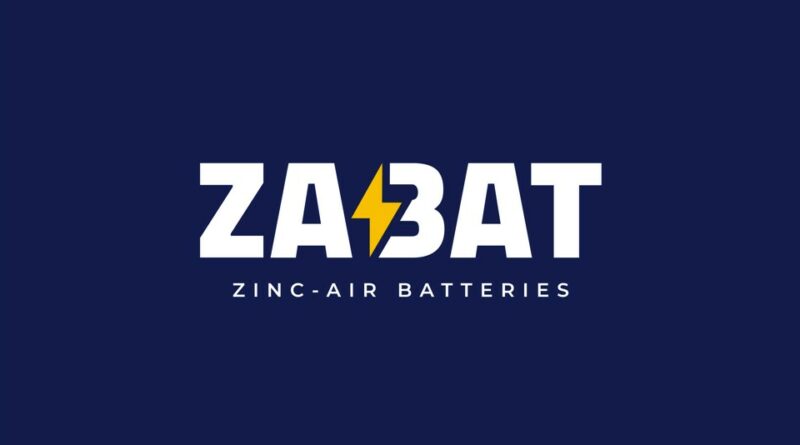Zinc Air battery, a new energy storage option
Zinc is described by some experts as the electric fuel of the future. Its main advantages include its ease of charging and its high energy potential. Zinc-air batteries get dramatic boost from low-cost materials breakthroughs.
Researchers say they have found an efficient and cost-effective solution that could dramatically improve zinc-air batteries, an energy storage option that is clean and safe.
The race to find high-density, cost-effective and environmentally friendly batteries is a major obstacle to the realisation of an electrified world, because most renewable energy sources, being intermittent, require good energy storage solutions.
Rechargeable zinc-air batteries are powered by the oxidation of zinc with oxygen in the air. They are considered a possible candidate for next-generation energy storage because, in theory, they could have an ultra-high energy density. Not only that, but they can also be recycled, safely disposed of and recharged with new zinc.
What are zinc-air batteries used for?
As the manufacturing process and working methods of these zinc-air batteries are different, their applications are also very different compared to other traditional batteries. One of the reasons for this is their size/power ratio.
This is what makes these batteries perfect for use in hearing aids. However, research is being done to make these batteries applicable to other applications as a support element for renewable energies.
This is why ZABAT is presented
In a context of climate crisis and high environmental awareness, ZABAT is presented to help meet the EU’s energy storage and climate challenges in the medium (2030) and long term (2050). In particular, batteries are crucial for feeding intermittent energy such as wind and solar into the grid to be used when needed, e.g. at night when there is no solar power production, thus ensuring the stability and security of the European energy supply.
In this sense, ZABAT will develop and validate an electrical zinc-air rechargeable battery that allows energy storage. The project will develop long lasting batteries based on abundant zinc and without using critical raw materials as well as avoiding the use of environmentally toxic organic-based electrolytes.
ZABAT will also address the environmental impact, toxicity of materials and processes related to electrical rechargeable zinc-air batteries through sustainability and circularity assessments. In this way, the consortium claims to develop an energy storage system with an environmental impact as low as possible. Therefore, air will be used in the cathode, thus reducing the weight of the battery and improving its characteristics and environmental impact.
Leitat will play a crucial role with the coordination of the activities, facilitating its expertise in formulations of the rechargeable zinc-air battery and will be supported by a consortium formed by 5 entities: SINTEF Industry (electrolyte and cell development), Fraunhofer (innovative air electrodes), Politechnika Wrocławska and HERAEUS (both dealing with alternative materials for air electrodes).

